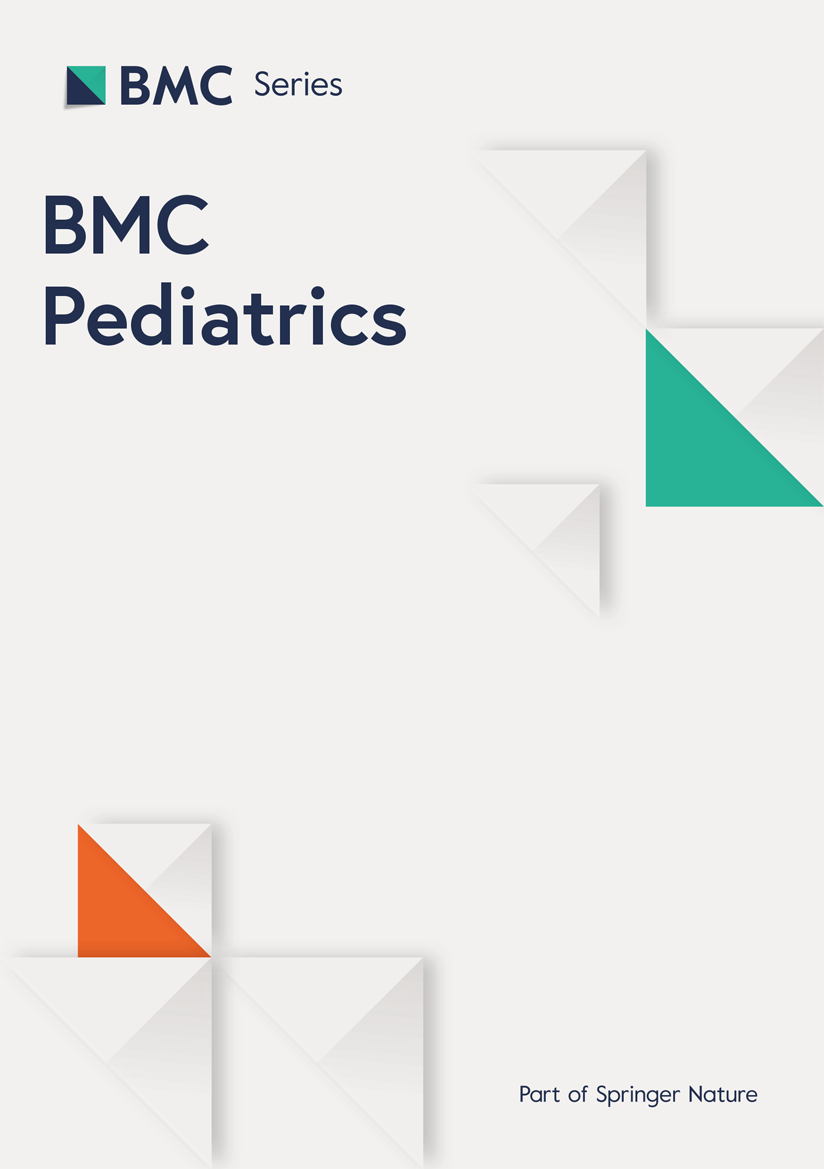
A recent retrospective study across four medical institutions has explored the nonoperative treatment of neonatal appendicitis, shedding light on the efficacy and challenges of this approach. Conducted from January 2010 to May 2022, the study focused on infants aged 90 days or younger, specifically those with symptom onset within 28 days. This research, approved by Institutional Review Boards, aims to address a critical gap in neonatal appendicitis management.
The study’s findings are significant, revealing a 25% failure rate for nonoperative treatment within 30 days, including a 10.7% mortality rate and a 17.9% risk of delayed appendectomy. Despite these challenges, the nonoperative approach resulted in significantly lower hospital costs compared to surgical interventions.
Study Design and Patient Selection
Eligible patients were identified through systematic searches of institutional databases, focusing on neonates diagnosed with acute appendicitis. The inclusion criteria were stringent, with a focus on neonates with symptom onset at or before 28 days of age. The study excluded cases lacking ultrasonographic confirmation or those with concurrent conditions like Meckel’s diverticulitis or necrotizing enterocolitis (NEC).
In the nonoperative treatment group, antibiotics were administered following diagnosis. A control group of 34 surgically treated neonates was included for comparison. The study meticulously documented clinical signs, laboratory findings, and ultrasound results, ensuring a comprehensive analysis of outcomes.
Diagnostic Criteria and Outcomes
Appendicitis diagnosis relied on a combination of clinical, laboratory, and ultrasound findings. Key ultrasound indicators included an appendiceal diameter greater than 3.5 mm and signs of inflammation or abscess. The primary outcome measured was the failure rate of nonoperative treatment, defined by all-cause death or delayed appendectomy within 3–30 days post-diagnosis.
Secondary outcomes included severe infectious complications, length of hospital stay, and hospital costs. The study found that severe infectious complications occurred in 28.6% of neonates managed nonoperatively, a higher rate than in the surgical group, though not statistically significant.
Expert Insights and Historical Context
Historically, neonatal appendicitis diagnosis has depended on surgical confirmation due to the lack of standardized criteria. The small size and variable position of the neonatal appendix pose challenges for ultrasound detection. Previous studies have attempted to describe ultrasound characteristics, but external validation remains limited.
Dr. Jane Smith, a pediatric surgeon, commented, “This study highlights the complexities of diagnosing and managing neonatal appendicitis. The findings underscore the need for standardized diagnostic protocols and the potential benefits of nonoperative management in selected cases.”
Implications and Future Directions
The study suggests that while nonoperative treatment can be cost-effective, it carries a significant risk of complications and treatment failure. The findings call for further research to refine diagnostic criteria and treatment protocols.
Future studies should aim to standardize ultrasound protocols and incorporate blinded central adjudication to minimize inter-observer variability. Prospective, multicenter research is needed to validate these findings and explore the potential for nonoperative management as a viable alternative to surgery.
As neonatal appendicitis remains a rare and challenging condition, continued investigation into its etiology, diagnosis, and treatment is essential. The insights gained from this study provide a foundation for improving care and outcomes for affected neonates.






